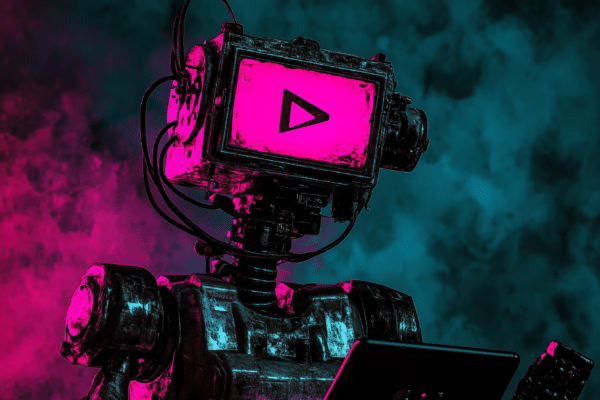Some of these were discussed a few days ago at a round table at the HR Evolution event with the participation of Raúl Gómez Púa, an expert in innovation, technological strategy and digital transformation in the financial sector, Cristina Peláez, People Director at Lener, and David Claramunt, Worfforce Planning and People Knowledge at Sabadell.
The panel allowed to reflect on issues such as how the HR department can prepare its new hires for the irruption of AI, which profiles, mindsets and skills are appropriate or how to transition to new models of intelligent companies.
Gómez Púa opened the talk with a reflection: the use of artificial intelligence in companies and HR departments is not something new, as technology always tries to automate, but with the balance of generative AI things are somewhat different. “We're no longer taking the shovel away from a worker. We're talking about taking the paintbrush away from Leonardo Da Vinci,” the technologist expressed.
The expert put on the table that with ChatGPT and company the jobs that are most likely to be replaced are those that we used to call 'skilled'. This would contrast with others that would have the lowest risk of being replaced by the work of artificial intelligence, such as cleaning, maintenance, etc. Gómez Púa referred to the Moravec paradox to explain this. According to this principle postulated in the 1980s, human reasoned thought counter-intuitively requires much less computational effort for a machine than our motor skills.
The most sought-after skills in the era of ChatGPT
For his part, Sabadell's Head of People, David Claramunt, referred to a World Forum report published in 2023 which reveals the 10 skills that will be most in demand in the jobs of the future and which are already defining many selection processes. Among them, he highlighted three:
- Analytical thinking: In the top 1 is analytical thinking. It is considered a key skill above many others, with more than 9% on average for companies. Moreover, its importance for workers is believed to grow over the next five years by 72%, according to the aforementioned report.
“We will have to have it to train artificial intelligences and be able to implement it in those tools,” Claramunt points out.
- Technologicial literacy:This is the third fastest growing key skill. According to the head of Santander, “we will all have to know how to speak part of the technical language to communicate with technicians or technologists”.
- Curiosity and lifelong learning: Finally, in the new era of generative AI, it will also be key for candidates and employees to have an attitude of constantly wanting to learn new things.
The head of Santander stressed that softskills are emerging as “anelementofpower” in professional profiles. He also pointed out that although “there is not enough talent for everyone, there is much more talent in our organization than we think”. For Claramunt, there is no doubt that “in HR we are not going to run out of work because of artificial intelligence”. Claramunt believes that two paradigms are emerging. The first of these is to strive to incorporate generative AI into processes, and the second responds to “how in HR we have to focus on being sponsors of this change”.
Cristina Peláez, People Director at Lener, is also of this opinion. “We have to change and we are what we do as we change. We need to develop those competencies that we already have inside us,” she added.
Before AI, you have to nurture data
For Gómez Púa, everything must have a purpose, as sometimes companies simply buy and use technology without that purpose in mind. “There is a certain anxiety to start implementing AI solutions so as not to fall behind the competition, but without having a clear objective,” he stresses.
This technologist argues that “before starting to implement artificial intelligence, we must consider the data of what we want to automate. We cannot start the house from the roof”. In this sense, he insists that such data must comply with the three uves: volume, variety and veracity. “We can start, first of all, by enriching the data and it will be a great employee hyper-awareness initiative,” he says.
The head of Sabadell points along the same lines and affirms that historically companies have invested more in obtaining customer data than employee data. “A lot needs to be invested in this. The more data, the more responsibility, but that's where regulations and legal issues come into play,” he says.
Peláez believes that at the pace and speed at which technology is advancing, it will be difficult to comply with legislation at an internal level, so it will be essential “to have our compliance regulations in place”.
Lener's People Director also argues that HR departments must work to make colleagues “sustainable” and acquire the necessary skills to coexist and take advantage of artificial intelligence to their advantage.
“We are in the fifth industrial revolution. I have seen a great ability of people to catch up with new technologies. It is a mix. The person must have that will, but we from HR have to be the facilitators of that. My greatest wish is for the machine to do those things that take up my time and I can dedicate myself to being human,” concludes Claramunt. In his opinion, the HR function will not be replaced by AI, because “culture is not made by machines, sensitivity is not made by machines”.






